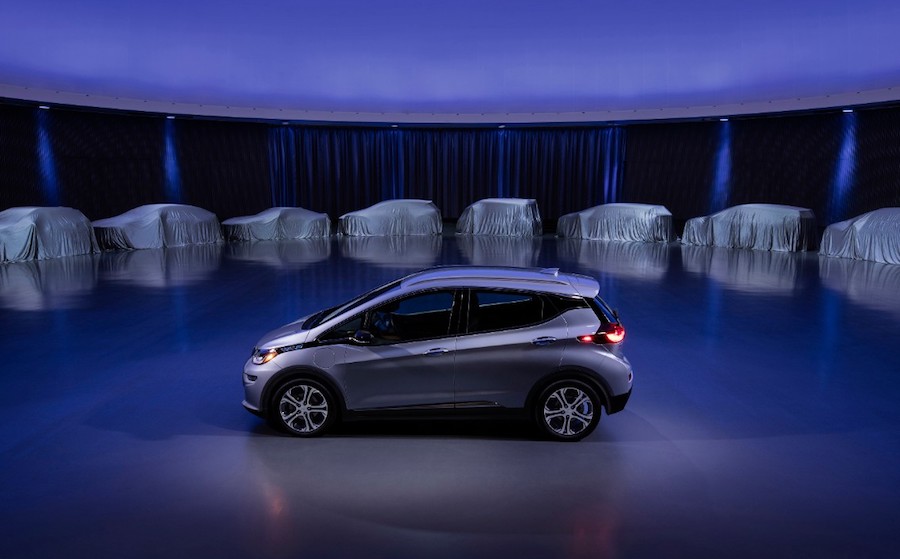The automaker did not disclose the exact investment figures, but said the move makes it one of the first to develop its own source of the battery metal.
The Hell’s Kitchen lithium project could become the country’s largest by 2024, making GM one of the first automakers to develop its own source of a battery metal.
The company will have first rights on lithium produced by the first stage of the project, including an option for a multiyear deal going forward if CTR’s extraction process proves successful.
The announcement comes as both the Biden administration and US-based automakers seek to speed up the development and adoption of cleaner lithium extraction methods and increase domestic supply of the white metal.
“By securing and localizing the lithium supply chain in the US, we’re helping ensure our ability to make powerful, affordable, high mileage EVs while also helping to mitigate environmental impact and bring more low-cost lithium to the market as a whole,” Doug Parks, GM executive vice president, global product development, purchasing and supply chain, said in the statement.
The Hell’s Kitchen project is expected to begin producing lithium in 2024. That output would be used in GM’s Ultium battery cells, which are being manufactured as part of a joint venture with LG Energy Solution, after undergoing validation and testing.
Tapping into a $7.2bn source
GM’s bet is bold and not exempt of risks as there is no full-scale lithium production from geothermal wells in the US at the moment.
Most of the world’s lithium comes from two places: lithium brine deposits in South America’s “lithium triangle” of Argentina, Chile, and Bolivia; and hard-rock deposits in Australia.
Based on data released by The California Energy Commission, the area in which the Hell’s Kitchen project is located could produce 600,000 tonnes of lithium carbonate annually, worth about $7.2 billion.

The US largest automaker is racing to catch up to EV leader Tesla and compete for a leadership position against other well-established automakers such as Volkswagen.
Last month, it announced it was boosting spending on electric and autonomous vehicles to $35 billion through 2025, a 30% increase from plans announced late last year.
GM plans to sell more than 1 million EVs annually by 2025 and has said it aspires to end sales of all gasoline-powered vehicles by 2035.




